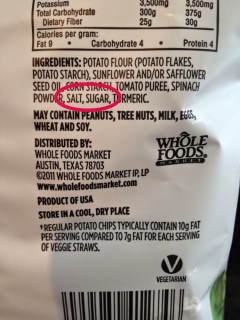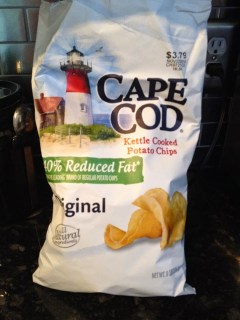One of the topics I’ve wanted to hone in on in regard to healthy eating and habits is salt. I’ve already touched on sugar and why it’s bad for us. I started doing some research about salt for this particular post, and I came across some very interesting articles. During my research, I decided to switch gears from focusing on one particular item (salt) to a broader scope topic, which now includes some frightening secrets the big food corporations don’t want us to know about. I’ve been working on this post for several weeks now, and I know it’s not perfect. I tried to include as many factors, and scientific studies as possible, throughout my research.
I was particularly interested to learn that foods with high salt content are often processed carbohydrates like pre-packaged snack foods. Such carbohydrate-rich foods can actually promote oral bacteria and acid production in the mouth. Throughout the day, gradual plaque build-up allows bacteria to adhere to tooth surfaces, damaging your enamel and gums. If you eat a diet that is high in salt, you might, therefore, need to pay more visits to a Dentist in Mississauga than someone who eats a diet that is lower in salt. Furthermore, a diet lower in salt can also help protect against dehydration and even decreases undesirable bodily complaints such as water retention and bloating.
One item that I came across while researching is Michael Moss’s book ‘Salt Sugar Fat.’ I’m going to say it right here that I have not read the book in its entirety. I am at a disadvantage because of that. However, many of the points are valid and have coincided with my own research on the topic. So far, I have found there are (at least) 11 things you need to know about salt, sugar, and fat.
11 things you need to know about Salt, Sugar, and Fat













